If you assume that the Big Bang happened gratuitously, you're talking about magic, not science
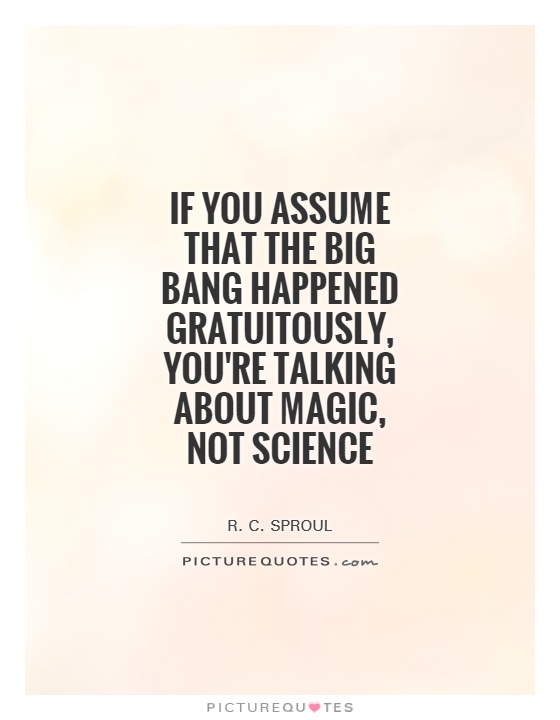
If you assume that the Big Bang happened gratuitously, you're talking about magic, not science
R.C. Sproul, a renowned theologian and philosopher, was known for his deep understanding of both science and religion. He often emphasized the importance of distinguishing between the two and not conflating them. In the context of the statement, “If you assume that the Big Bang happened gratuitously, you're talking about magic, not science,” Sproul would likely argue that attributing the Big Bang to mere chance or randomness is not a scientific explanation, but rather a leap of faith akin to magic.The Big Bang theory is the prevailing scientific explanation for the origin of the universe. It posits that the universe began as a singularity, a point of infinite density and temperature, and has been expanding ever since. The theory is supported by a wealth of observational evidence, such as the cosmic microwave background radiation and the redshift of distant galaxies. However, the question of what caused the Big Bang remains a mystery.
Sproul would argue that to simply assume that the Big Bang happened without any cause or reason is to abandon the principles of science and resort to a magical explanation. Science seeks to understand the natural world through empirical evidence and logical reasoning. It does not rely on supernatural or arbitrary explanations. By attributing the Big Bang to magic, one is essentially giving up on the pursuit of knowledge and understanding.
Sproul’s perspective on the Big Bang reflects his belief in the importance of rationality and critical thinking. He would likely encourage individuals to explore the scientific evidence for the Big Bang and consider the implications of such a profound event. While the ultimate cause of the Big Bang may remain unknown, Sproul would caution against dismissing it as a random occurrence or an act of magic.






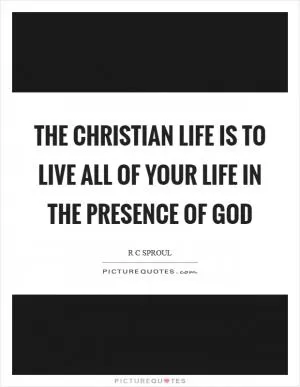
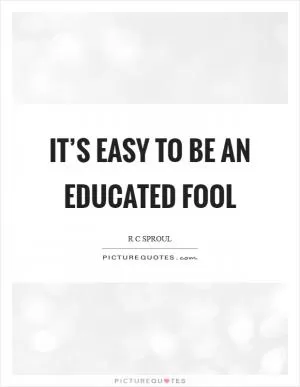
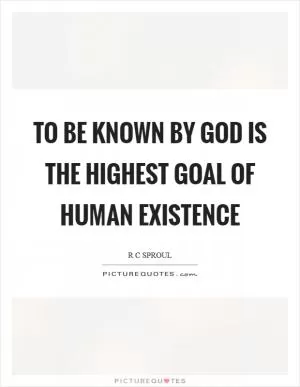

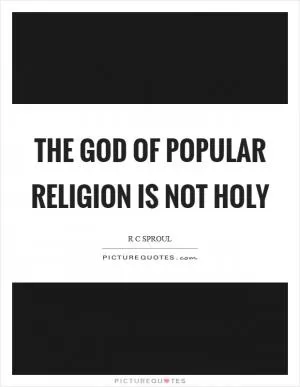

 Friendship Quotes
Friendship Quotes Love Quotes
Love Quotes Life Quotes
Life Quotes Funny Quotes
Funny Quotes Motivational Quotes
Motivational Quotes Inspirational Quotes
Inspirational Quotes